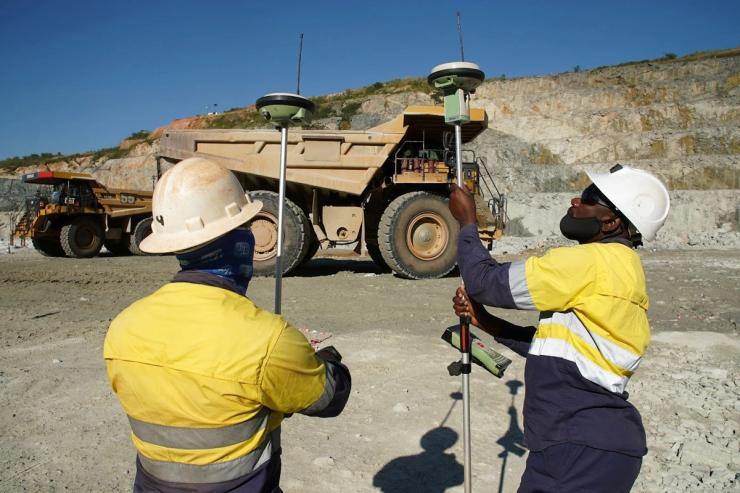Anu Adedoyin Adasolum’s view
African commodities have long been essential to the modern global economy, but the world tends to ignore that fact until trade shocks or geopolitical crises occur. Batteries, data centers, aircraft, and resilient power grids all rely on the minerals the continent holds in abundance.
Yet for African economies to fully benefit from this demand, global buyers and local producers alike must have confidence in how those resources are sourced and traded. Trust is required for trading in all businesses, but this is especially true in essential minerals and rare earths as their supply chains are complex and often opaque, making transparency essential to ensure ethical sourcing and fair value.
Enabling trust via digital traceability systems is key to ensuring scale as global supply chains continue to evolve. Think of traceability as a living digital record that proves where a shipment came from and who handled it at each step, from mine to port and into downstream products. It’s how we build trust and capitalize on a rare moment to supply the globe directly and on our terms.
Traceability enables African countries to stand fully on the global stage, ensuring they can deliver their resources at the standards required by the buyers of an increasingly technology-driven world. It can help make manufacturing and production processes more reliable and predictable. It helps identify provenance and optimize costs, ensuring ethical practices in sourcing. Without traceability, Africa’s raw potential cannot translate into sustained opportunity.
When origin, legality, and quality can be digitally proven, markets open and financing flows because risk falls. That is the power of traceability: It transforms perception and pricing by showing evidence in transactions. Global buyers are already writing this law, with the European Union now mandating digital due diligence and verifiable sourcing data. Others will follow.
For Africa, this is not a compliance exercise; rather, it’s our greatest competitive advantage. The same systems that ensure transparency also attract financing, improve creditworthiness, and even formalize the thousands of small mining enterprises controlling, in some cases, up to three-quarters of supply. When financiers can see verified records and predictable outputs, the cost of capital drops. When manufacturers can trace inputs back to specific regions or mines, their confidence to partner with African suppliers rises.
This is why Sabi built TRACE, a digital infrastructure designed for Africa’s producers, miners, and traders to prove legitimacy and meet global standards for transacting with the rest of the world. In cobalt alone, DR Congo has supplied roughly three-quarters of the world’s mined output in recent years, with small-scale operations contributing a meaningful share. By embedding traceability into every day trade, we help small-scale operators participate in global supply chains without the intermediaries that take the majority of their value.
Africa’s resources will continue to fuel the next generation of global industries. But the difference this time is that we can choose how to participate. Start the record at the first mile and let it travel with the export. Use electronic due diligence that rides with each lot, tamper-evident custody logs, and pre-arrival border data so every shipment’s story is visible. Build the ledger beside the road. Let data prove what a shipment is so producers gain predictable offtake, governments capture rightful revenues, investors finance local processing with confidence, and communities see safer, more professional work.
Choose trust as the first build.
Anu Adedoyin Adasolum is the co-founder and CEO of Sabi, which facilitates commodity exports by connecting African producers, global buyers, and essential commodities through traceability technology.
Notable
- Startups are helping African countries capture the value of their mineral exports by building trust in mineral and raw material supply chains.



